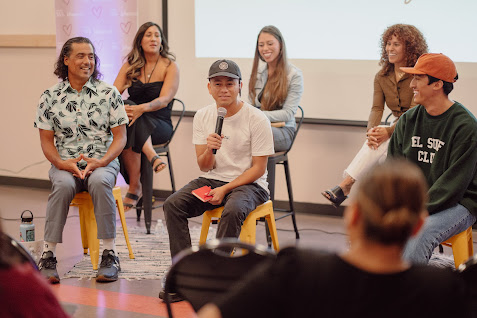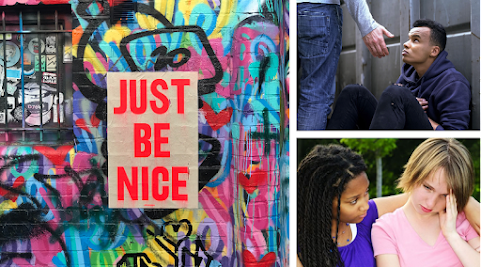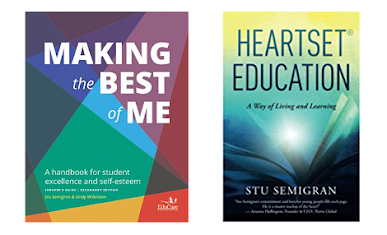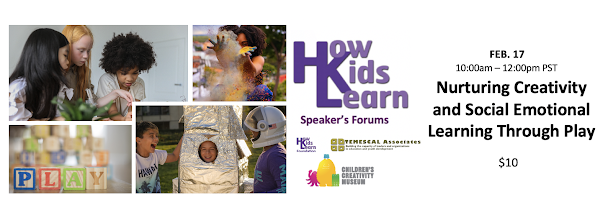 |
| Source: VIP Pet Services |
By Sam Piha
When my son was six, he suddenly decided that he did not want to visit the city of San Francisco anymore. After a discussion, he explained that seeing the under-fed pets of the homeless made him feel sad. I asked, “What can we do to help them?” He suggested that we could fill ziplock bags with pet food and pass out to the homeless with pets, and we did! He later volunteered with a local animal shelter to help with their “adopt a pet” events. It was through these experiences that he learned the value of helping others. Today, as an adult DJ, he regularly sponsors canned food drives to benefit his local food bank.
This blog focuses on the value of kids helping others.
HOW KIDS LEARN TO HELP OTHERS
According to Google AI, a more detailed explanation of how young people learn to help others includes:
- “Modeling and Role-Playing: Children learn by watching the adults around them, so parents and caregivers should model caring behaviors, such as helping others, being kind, and showing empathy.
- Empathy and Perspective-Taking: Teaching children to understand and share the feelings of others is crucial. This can be done through reading books with relatable characters, discussing situations where people may be feeling sad or frustrated, and encouraging them to imagine how others might fee.
- Encouraging Small Acts of Kindness: Start with simple acts of kindness, like sharing toys, helping with chores, or offering a compliment. As they become more comfortable, they can gradually take on more challenging tasks.
- Providing Opportunities to Give: Organize family volunteer activities, donate items to charity, or participate in community events where children can help others.
- Discussing the Importance of Helping Others: Talk about the positive impact of helping others and how it makes people feel. Discuss the importance of kindness and compassion and encourage children to think about ways they can make a difference in their community.
- Celebrating Acts of Kindness: Acknowledge and praise children's efforts to help others. This reinforces positive behaviors and encourages them to continue helping.
- Encouraging Sharing and Cooperation: Teach children the value of sharing and cooperation. This can be done through games, activities, and everyday situations where they need to work together to achieve a common goal.
- Focusing on the Joy of Giving: Help children understand that helping others can be a rewarding experience. Encourage them to focus on the positive feelings they get from helping others, rather than the potential for praise or reward.
- Making Giving a Part of Everyday Life: Integrate acts of kindness and helping others into daily routines. This can be as simple as helping a neighbor carry grocery or offering to help a friend with their homework.” [i]
 |
| Source: www.pexels.com |
BENEFITS ACCRUE WHEN YOUNG PEOPLE ACTIVELY LEND A HELPING HAND
There are many benefits that come when young people actively help others. They include:
- “Generating Optimism: When children see that they can make a difference in the world around them, they renew their sense of hope and learn to face challenges with persistence and optimism.
- Building Empathy: Engaging in volunteer opportunities can make a powerful and lasting impression on children by helping them to understand and show concern for others’ feelings, circumstances and needs
- Discovering a Sense of Community: Local volunteer opportunities offer kids a unique chance to build a stronger connection to their neighbors and communities, instilling a sense of pride and belonging.
- Accepting Civic Responsibility: As children also build a stronger connection to community, they can also begin to understand their role within it, developing social awareness and taking on civic responsibility.
- Expressing Gratitude: When children give to those who are in need, they learn the importance of being grateful for what they have and for their ability to help others.
- Gaining a Sense of Purpose: When kids are given the opportunity to choose how they’d like to contribute to a cause, like helping to clean up a park or collecting items for donation, they benefit from having some agency over their experience and find a strong sense of purpose in the work they do.
- Taking on New Experiences: Volunteering can help children build character by introducing them to unfamiliar experiences that challenge them to build new skills.
- Boosting Self-Esteem: Whether they contribute to a cause virtually or in person, as young volunteers help provide solutions to problems, they learn that they have the power to effect change, boosting their confidence and building their self-esteem.
- Learning to Collaborate: Many volunteer experiences offer the chance to engage in teamwork, learn from others’ varied perspectives and build friendships.” [ii]
[i] Google AI, How Do Young People Learn to Help Others?
[ii] National Inventor’s Hall of Fame, 10 Lessons Children Can Learn by Volunteering



























